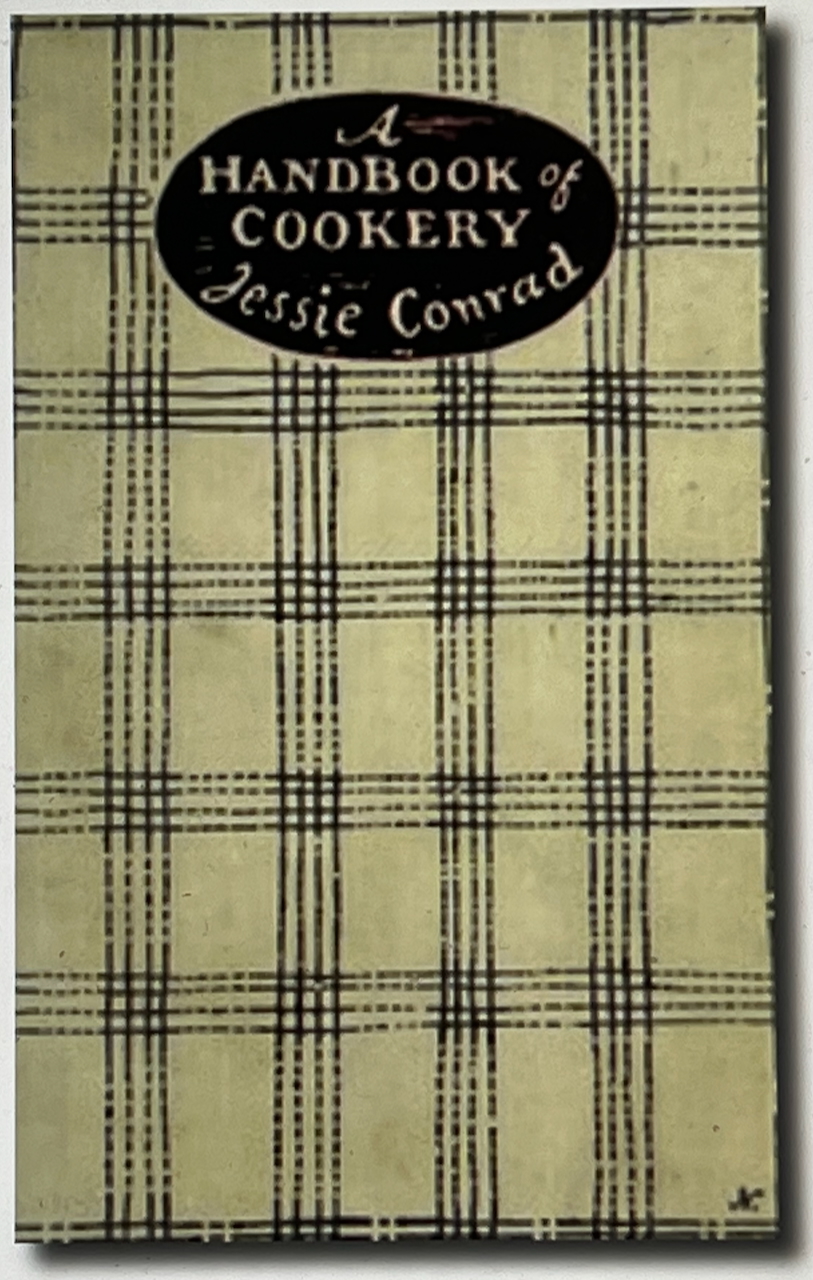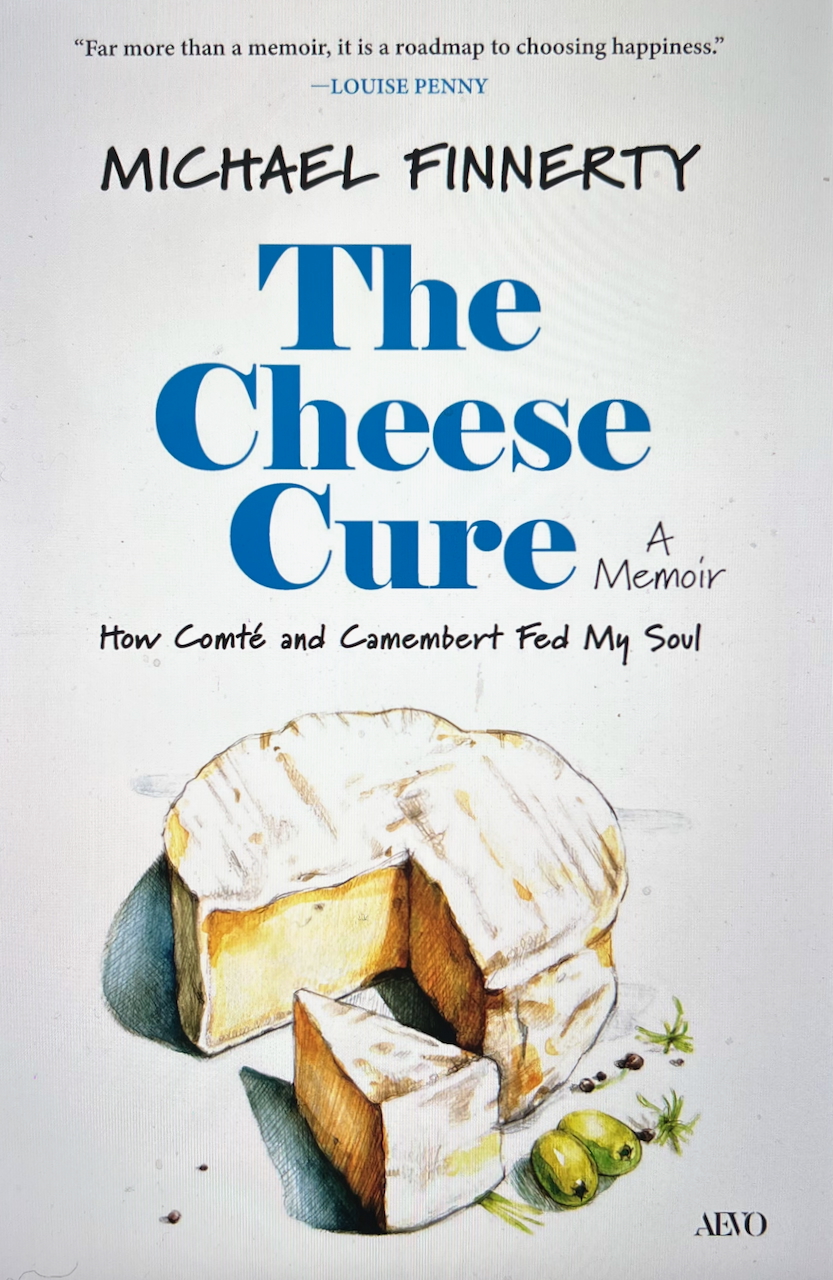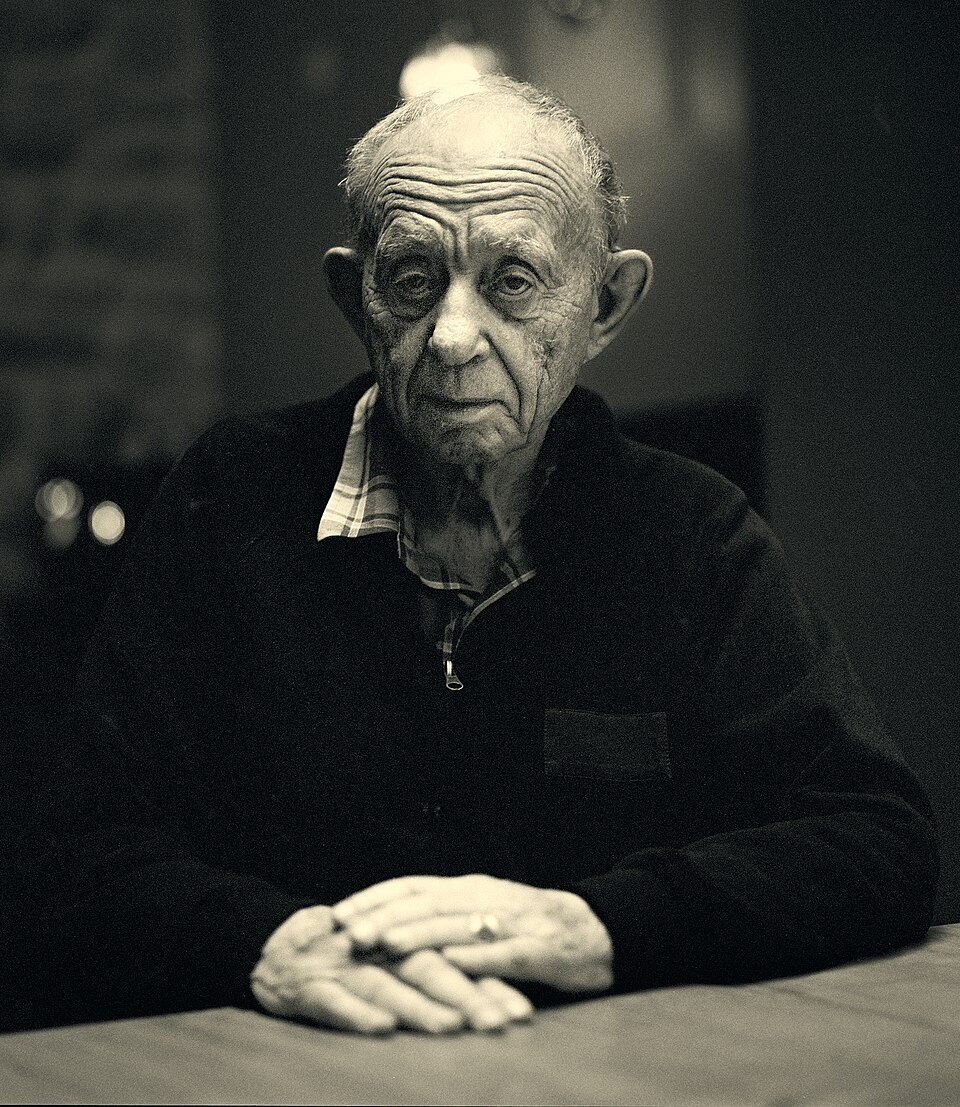Get Shorty: Act 3, the Series
December 11, 2018
The producers of the Epix TV series Get Shorty, about (small) organized crime going to Hollywood for new opportunities, say it is merely “influenced by” the Elmore Leonard novel of the same name. They even suggest that a security guard at the studio in the series, who waves a car onto the lot and says “Mr. Palmer,” might be welcoming Chili Palmer, the protagonist of the 1990 novel and the 1995 movie. This would suggest Chili is now a successful producer far up the food chain from Miles Daly, the protagonist in the 2017-18 TV series, as if one had nothing to do with the other except to inhabit the same fictional world.
Lidia Porto, who is excellent in the series as crime boss Amara De Escalones, says, “I wasn’t familiar with the movie or the novel, and when I got the job I asked Davey [Holmes, showrunner] is it something I need to [know?]. And he said it’s going to be different enough I’d rather almost rather you didn’t.”
The series may be a new animal, but it has the same narrative spine as the two previous texts. The protagonist in all three is a criminal who hopes to escape his past through his love for the movies and a growing belief that Hollywood and organized crime share a skill-set. He meets a sad-sack director (Gene Hackman in the movie, Ray Romano in the series) and uses him to become a movie producer, employing threats, violence, and dirty money, in cash, to make the change. His crime boss (Dennis Farina in the movie, Lidia Porto in the series) owns him, and he has to take them on the journey too in order to try to free himself. The inexperienced young hothead Yayo in the movie (Jacob Vargas) has some parallels to Yago in the series (Goya Robles). There is a love interest (Rene Russo in the movie, Lucy Walters in the series) who becomes necessary to life in LA. And Chili/Miles (John Travolta/Chris O’Dowd) succeeds in the end, to varying degrees.
There is a “Shorty” in all versions too, of course, though why he or she must be gotten varies. And while Chili Palmer, often called “Chil” for his cool, is mostly collected, Miles is a nervous, cogitating man, more complex, more emotional, and much more violent than his ancestor Chili. (Bowie knives and chainsaws, as well as guns of all kinds, get used.)
Series star Chris O’Dowd says the relationship between movie and series is “like visiting a bar at a different time of the week.” The movie, he says, is like visiting the bar at eight on a Saturday night, everyone “dressed to the nines” and still looking forward to a nice time.
“Our show is like visiting the bar at three in the morning, when a couple of bar stools have been knocked over, there’s been a fight, there’s blood on the counter, and your girlfriend hates you. But it’s essentially the same bar.” The difference for him is that the movie was a comedy, and the series is closer to straight drama.
“I feel we’re closer to the book than we are to the film,” he says. “It’s kind of dirtier ….”
One of the big differences is that Chili Palmer has no children but Miles Daly is, at heart, a family man, and it is interesting how this changes the tone.
Chili, as played by Travolta, is like a smarter, happier, more successful Vincent Vega (who came to the screen only a year before Chili Palmer).
Without giving too much away, Miles’ family storyline plays out more like the Orpheus myth, in which a man talks his way through hell in order to be reunited with his wife, only to lose her a second time when she looks backward.
“I’m trying to guide us to safety and a better life, while also having to do horrible things to achieve that,” O’Dowd says.
O’Dowd was an unusual choice for enforcer Miles, with his often shambling, slumped walk, hangdog face, and previous comic role on The IT Crowd. Supposedly when his headshot was picked from a group of other actors’, the casting director was asked if he knew what O’Dowd did. But O’Dowd is six-foot three, and his wry smile becomes something else when used meanly. O’Dowd says he was the one who suggested Miles be Irish; he also provided a violent Northern Ireland backstory for Miles that bridges movies and death. The Irish Times says Miles “wields a heavy [Irish County] Roscommon accent like a cudgel.” They say that when he tells his young daughter “Good night, Shorty,” it is “an old Roscommon blessing.”
There are many good things about the series, including its love stories, especially between Amara, the cartel queen (the outstanding Lidia Porto), and sad-sack Rick Moreweather (Ray Romano).
But it is Miles who moves it all forward, a guy who seems smartly average, other than his grotesque trade, but who is delighted to find he has other capacities. Miles wants to hold his family together, O’Dowd says, “[but] as the season progresses, you realize that that’s not the only reason he’s doing it. He likes it. He likes movies, but he also likes having some self-determination. […] There’s no reason why this character can’t eventually run Hollywood. Not immediately, but this guy could be the head of a studio, the same as Ari Gold could, or whoever. It will be interesting to see if a hitman is potentially not ruthless enough to take over Hollywood. We’ll see. There’s a lot of ways it could go.”








